Russian Foreign Ministry said in a statement on Monday that Iran’s third stage of nuclear commitments reduction is about building research centrifuges to enrich uranium and “Iran accepted those limits within the 2015 nuclear agreement."
"From the nuclear non-proliferation's point of view, the restart of Iranian centrifugal research and development works does not present any threat. The important part is that all the work is conducted by Iranian specialists under the IAEA's [International Atomic Energy Agency] constant monitoring,” the statement said.
"A relevant report has been presented to the agency's board of governors. There is no risk of reorienting Iranian research to undeclared usage. Iran fully observes the Non-Proliferation Treaty, follows the comprehensive safeguards agreement with the IAEA, implements the Additional Protocol," it added.
The statement was published two days after the Atomic Energy Organization of Iran (AEOI) announced that the country has activated its advanced 20 IR-4 and 20 IR-6 centrifuges for research and development purposes.
The IAEA also confirmed that Iran is installing centrifuges prepared for testing with uranium hexafluoride, or UF6, the feedstock for centrifuges.
IAEA Acting Director-General Cornel Feruta, who returned from a weekend visit to Tehran, told the agency’s board in Vienna on Monday that inspectors continue “to verify and monitor Iran’s nuclear-related commitments” under the JCPOA.
The nuclear accord was signed between Iran and six world states — namely the US, Germany, France, Britain, Russia and China — in 2015.
Washington, however, abandoned the accord in May 2018, leaving the future of the historic deal in limbo.
Tehran remained fully compliant with the JCPOA for an entire year as confirmed by the IAEA in several reports, waiting for the remaining co-signatories to fulfill their end of the bargain by offsetting the impacts of Washington’s bans on the Iranian economy.
As the European parties failed to do so, Tehran moved in May to retaliate against Washington’s exit and began suspending its JCPOA commitments in 60-day stages under Articles 26 and 36 of the deal covering Tehran’s legal rights.
Iran has given another two months to the European signatories to take meaningful action to save the JCPOA as a France-led diplomatic process is underway between the two sides.
MNA/SPUTNIK

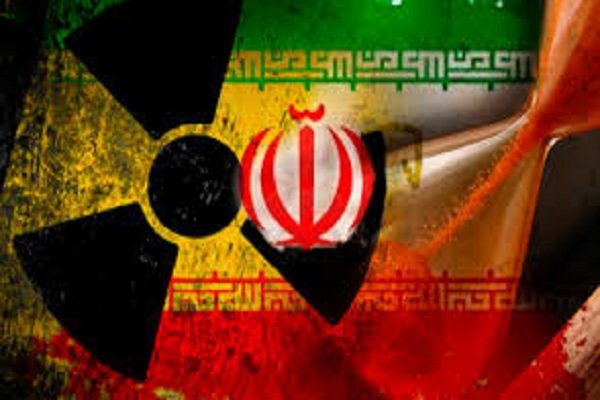

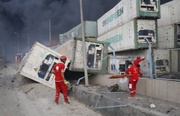
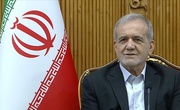
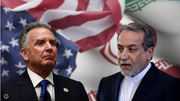
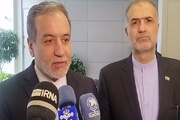
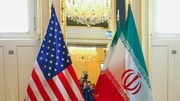


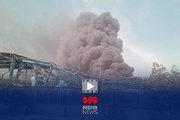
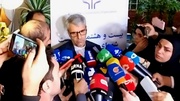
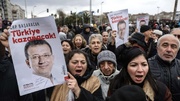
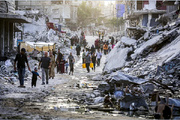

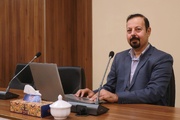
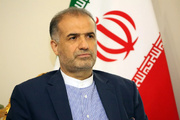




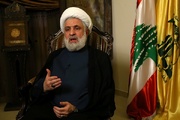
Your Comment